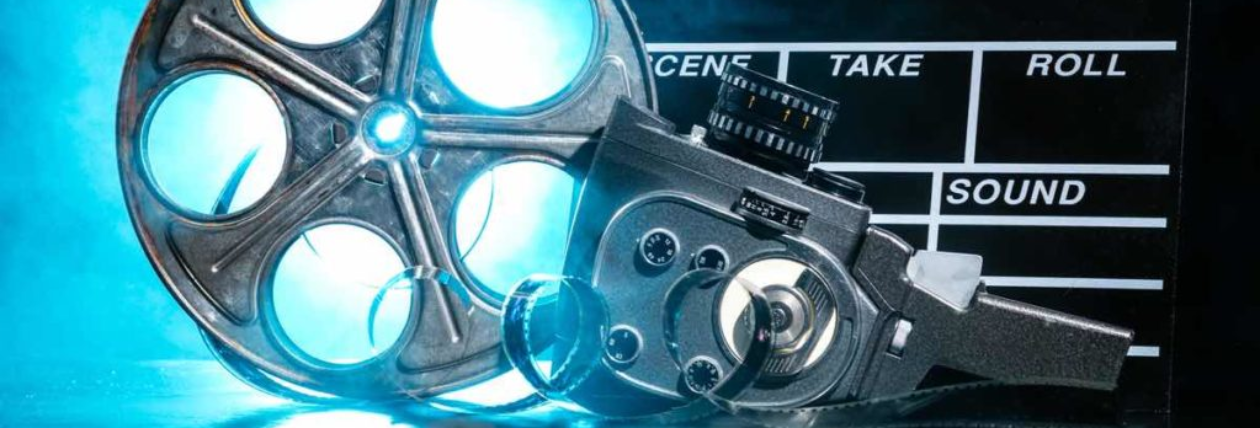Aesthetic terms – 1 Realism
Verisimilitude – something that looks real
social realism – the realistic depiction in art of contemporary life, as a means of social or political comment.
Magic Realism – a literary or artistic genre in which realistic narrative and naturalistic technique are combined with surreal elements of dream or fantasy.
Hyperreality – extremely realistic media, that is very close to real life
Aesthetic terms 2 – Visual Style
Iconography – the distinguishing elements, in terms of props and visual details, which characterise a genre.
Intertextual Referencing – the shared relationship between two texts, and it relates to texts that have similar ideas or that take inspiration from other texts
Visual/ Sound motifs – the visible elements that reoccur in your film to help tell your story.
colour grading – the process of enhancing and altering the colour of footage in order to achieve a desired visual effect
auteur trademarks – infuse films with their singular perspectives and trademark visual styles when translating them from screenplays to the screen.
aesthetic terms 3 – tone
Pathos – evokes an emotional response from the audience
Bathos – If something starts out serious and then turns trivial
Suspense – a state or condition of mental uncertainty or excitement, as in awaiting a decision or outcome, usually accompanied by a degree of apprehension or anxiety.
Comedy – humor
Dramatic Irony – a literary device by which the audience’s or reader’s understanding of events or individuals in a work surpasses that of its characters.
Distancing Effect (Verfremdung) – the use of techniques designed to distance the audience from emotional involvement in the play through jolting reminders of the artificiality of the theatrical performance.
Postmodern Humour – The saturation of slippages and meanings prevent a solid linkage of humorous and serious meaning.
